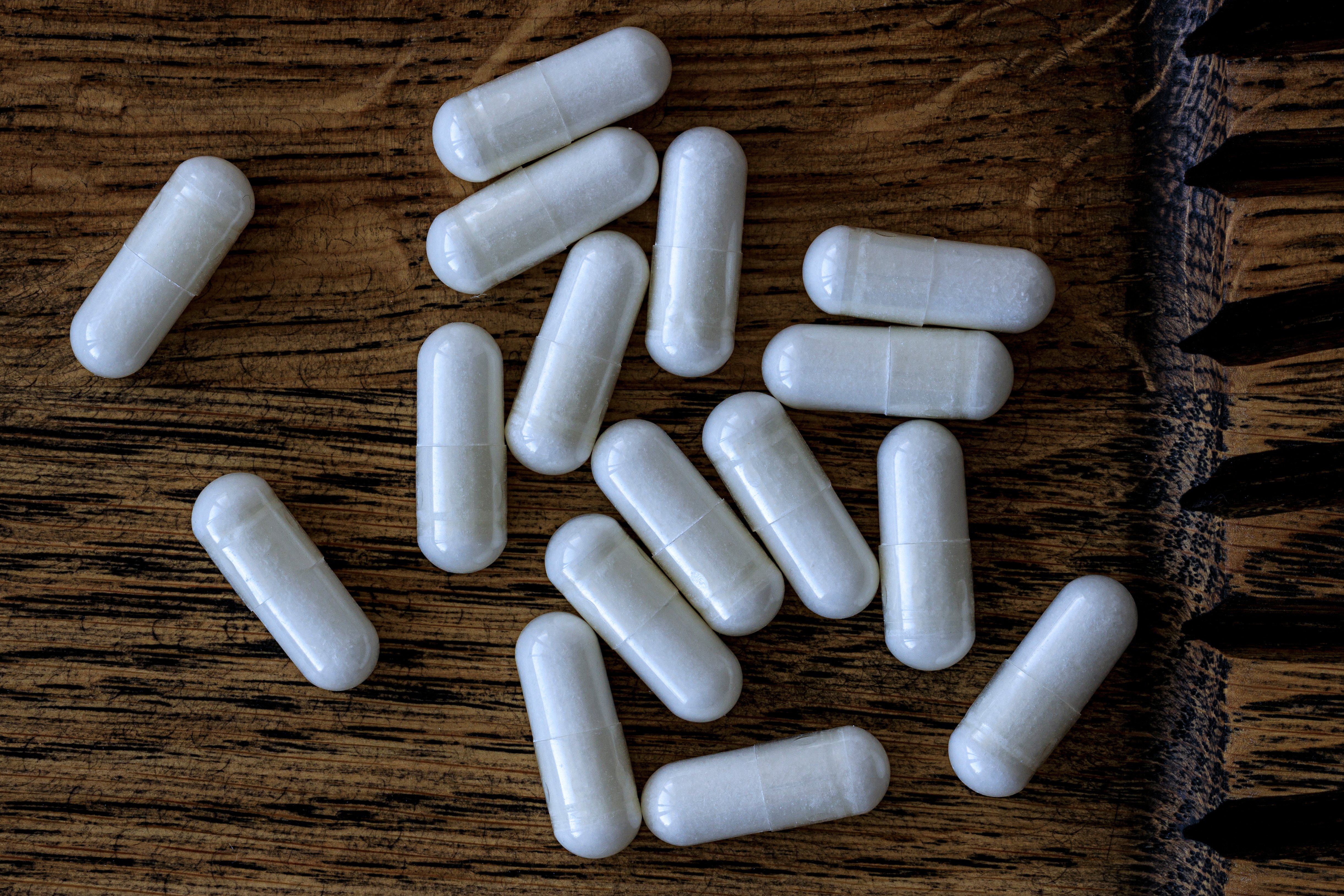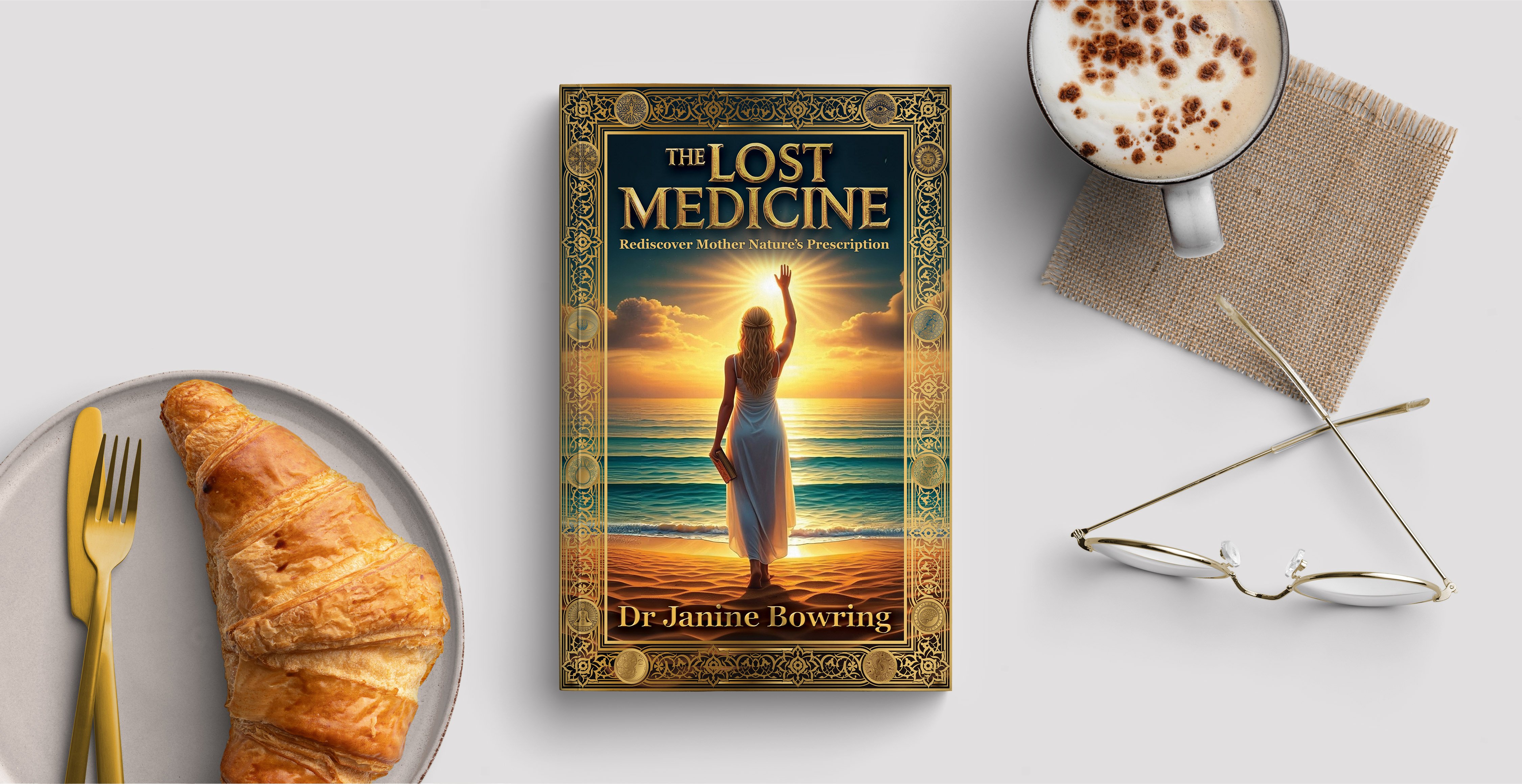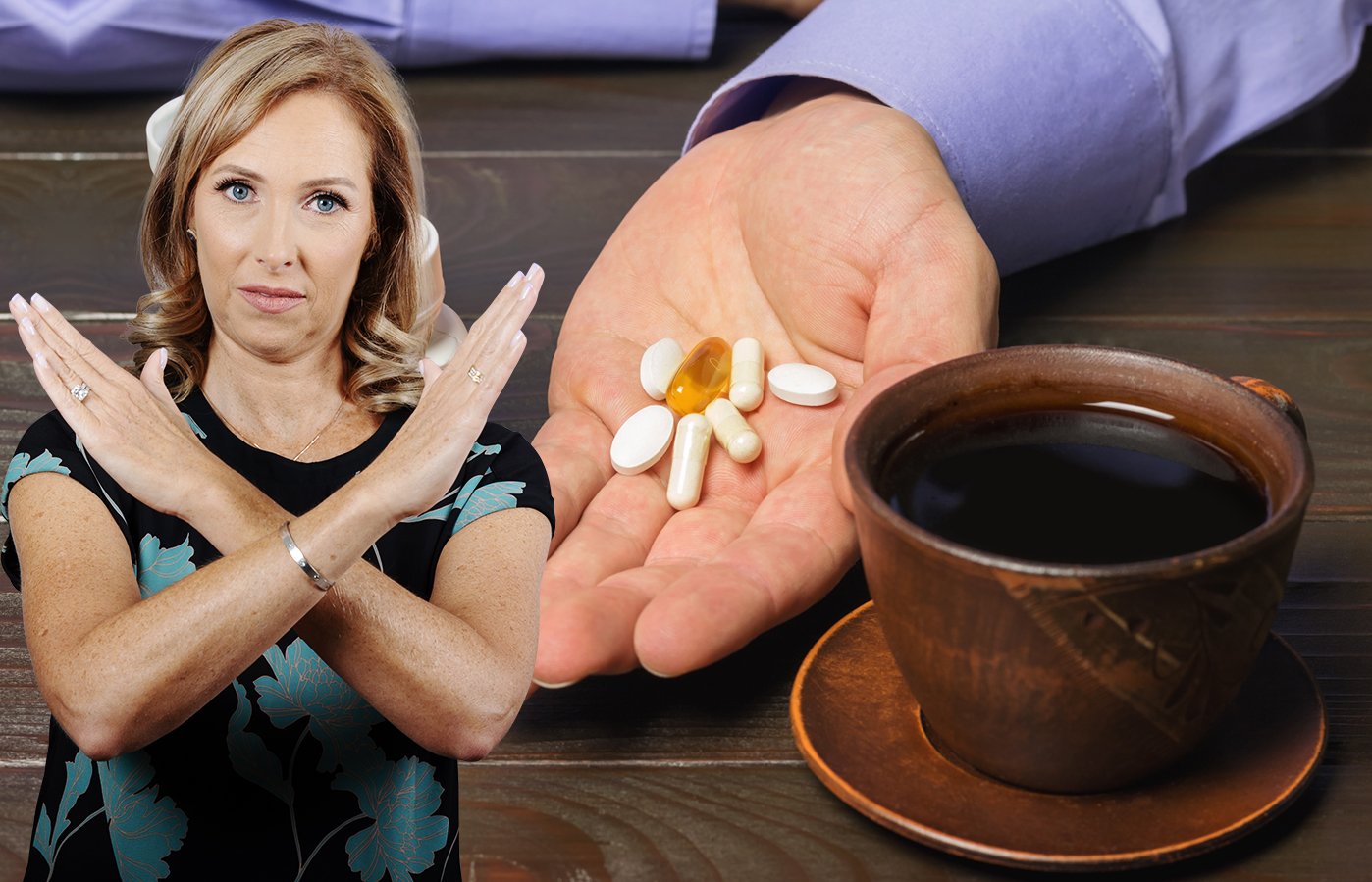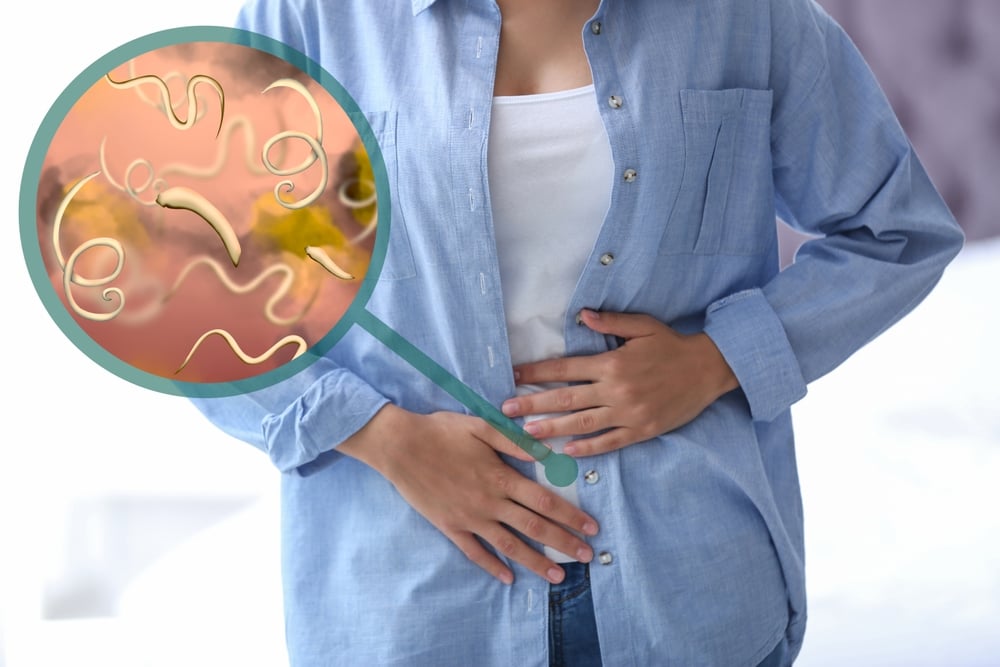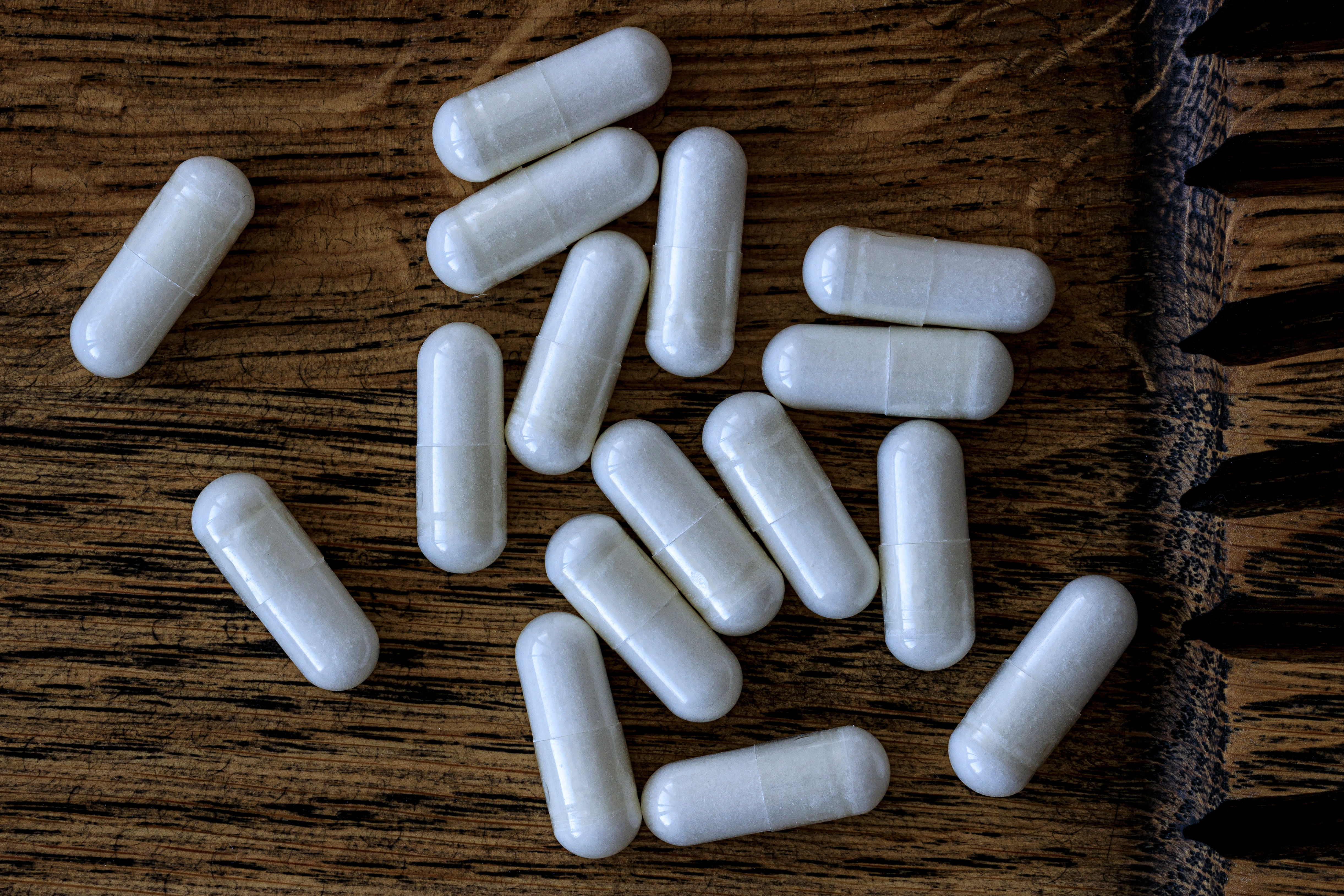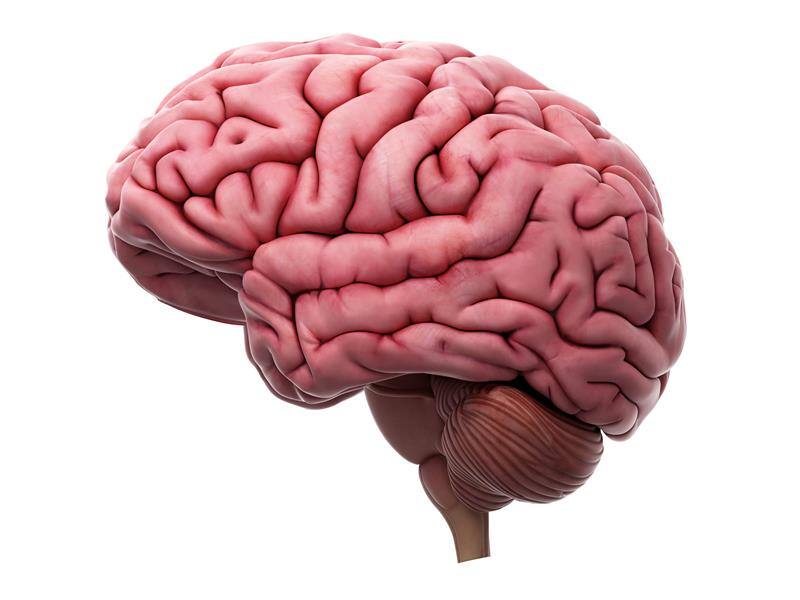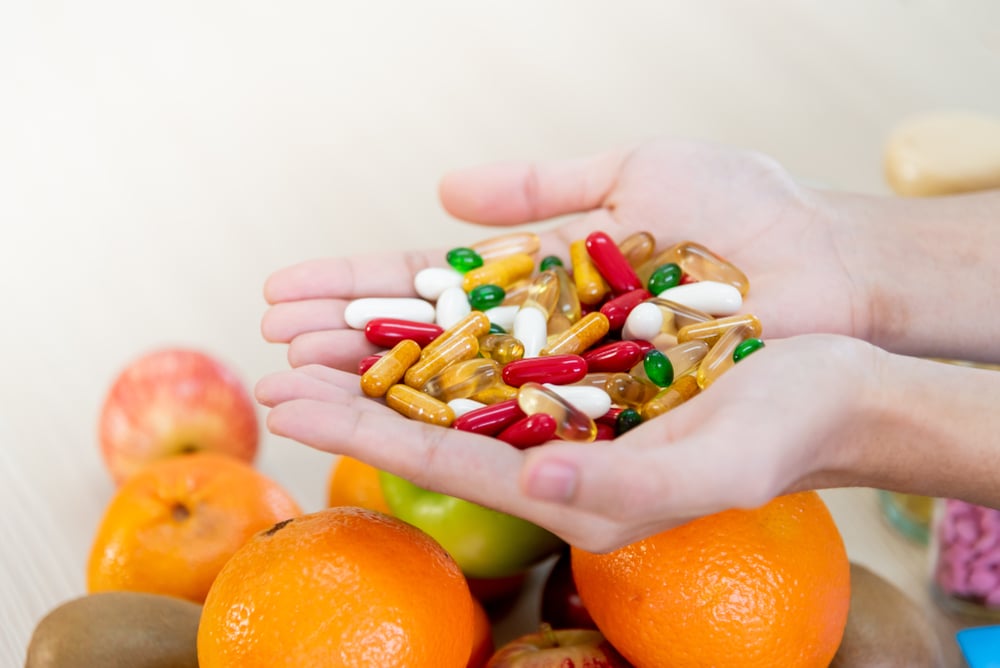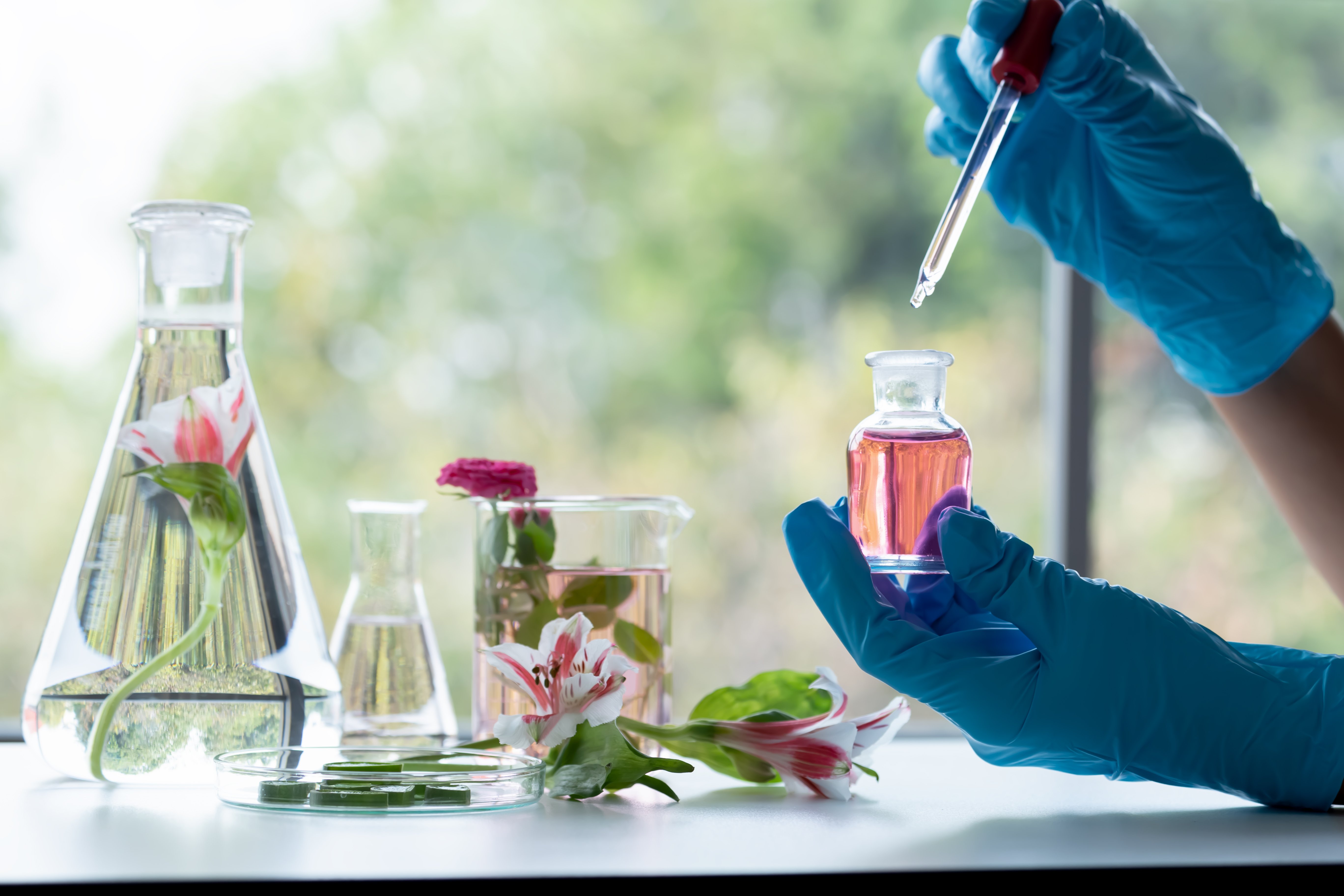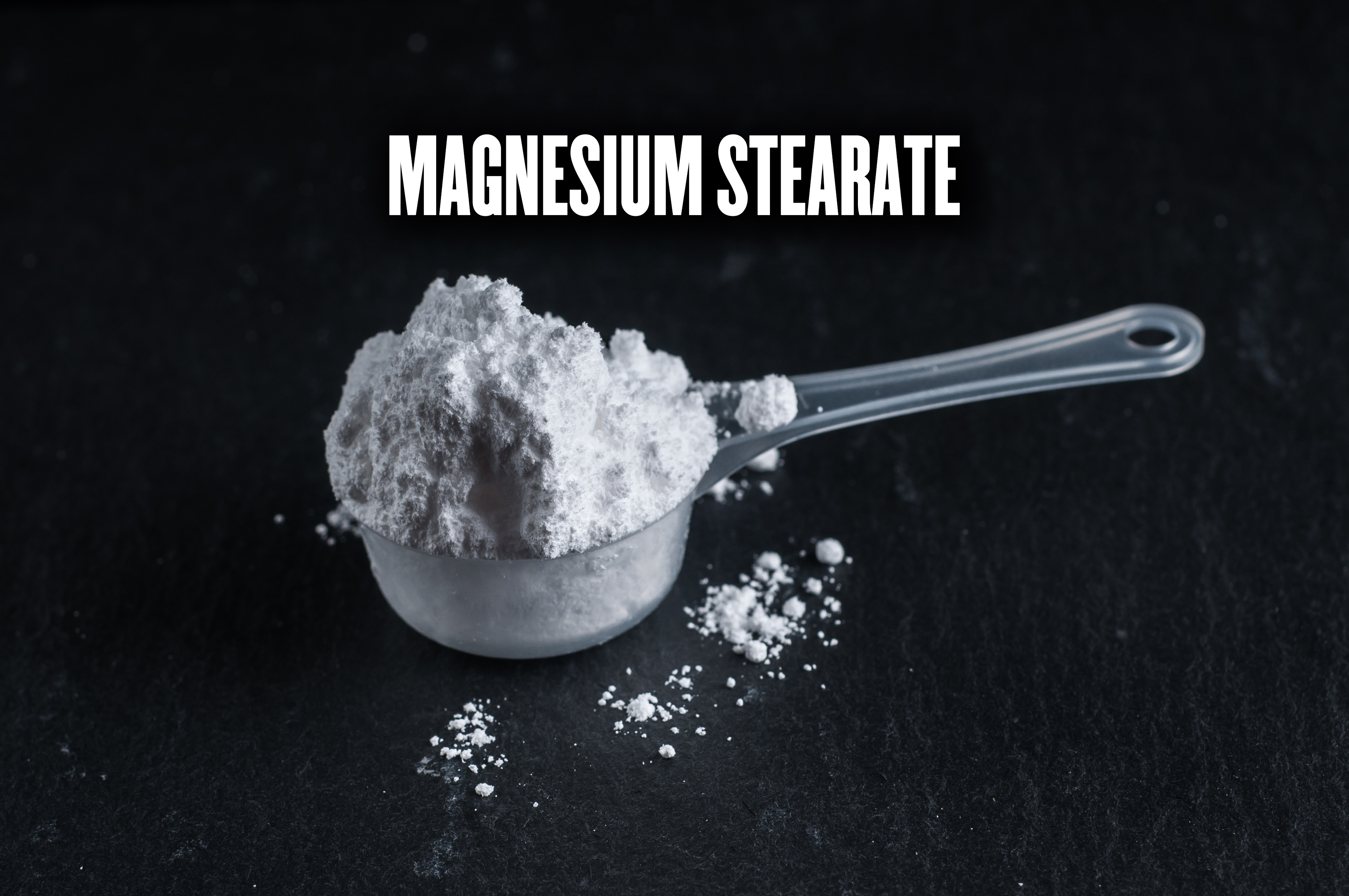Introduction
Did you know that there could be hidden dangers lurking in your supplements? It’s something I want you to be aware of, and one ingredient in particular is called silicon dioxide.
Now, silica in its natural state—you're probably familiar with it since it’s found in sand. However, as a food additive, it's known as silicon dioxide. So while it's similar, it's a bit different from the natural form of silica.
What is Silicon Dioxide?
Silicon dioxide is used as an anti-caking agent, a dehydrator, and to fill up supplements, making the ingredients less sticky. But how is silicon dioxide made?
Silicon dioxide is a form of nanotechnology, where materials are broken down into extremely small particles, typically between 1 and 100 nanometers. This process raises concerns about its potential effects on our cellular health. That's why it's important to be aware of the presence of these nanoparticles in what we consume.
Uses of Silicon Dioxide
Did you know that silicon dioxide might not just be in your supplements? It could also be hiding in other foods. Things like flour, protein powders, baking powder, confectioner’s sugar, and even salt can contain silicon dioxide. Spices, herbs, and seasoning mixtures may also have this ingredient, and surprisingly, even beer can be processed with silicon dioxide. While the silicon dioxide is removed during the filtration process just before the beer’s final stages, it may have been present earlier on.
Dried egg products, as well as animal and livestock feed, can also contain silicon dioxide. This is one of the reasons why many people choose grass-fed and grass-finished animal products, if they consume animal products at all. It’s also important to be aware that some of your supplements and even medications may contain silicon dioxide.
Why Silicon Dioxide Should be Avoided
There are safety concerns surrounding this ingredient, which is why I’m bringing it up. Many people simply aren’t aware of it. According to research from the European Food Safety Authority (EFSA), they cannot give silicon dioxide a clean bill of health because it may contain nanosized particles. Due to this uncertainty, the EFSA does not classify silicon dioxide as safe, at least in Europe.
Check out my video '3 Supplements That Aren't as Healthy as You Thought'. I’ll see you there!
